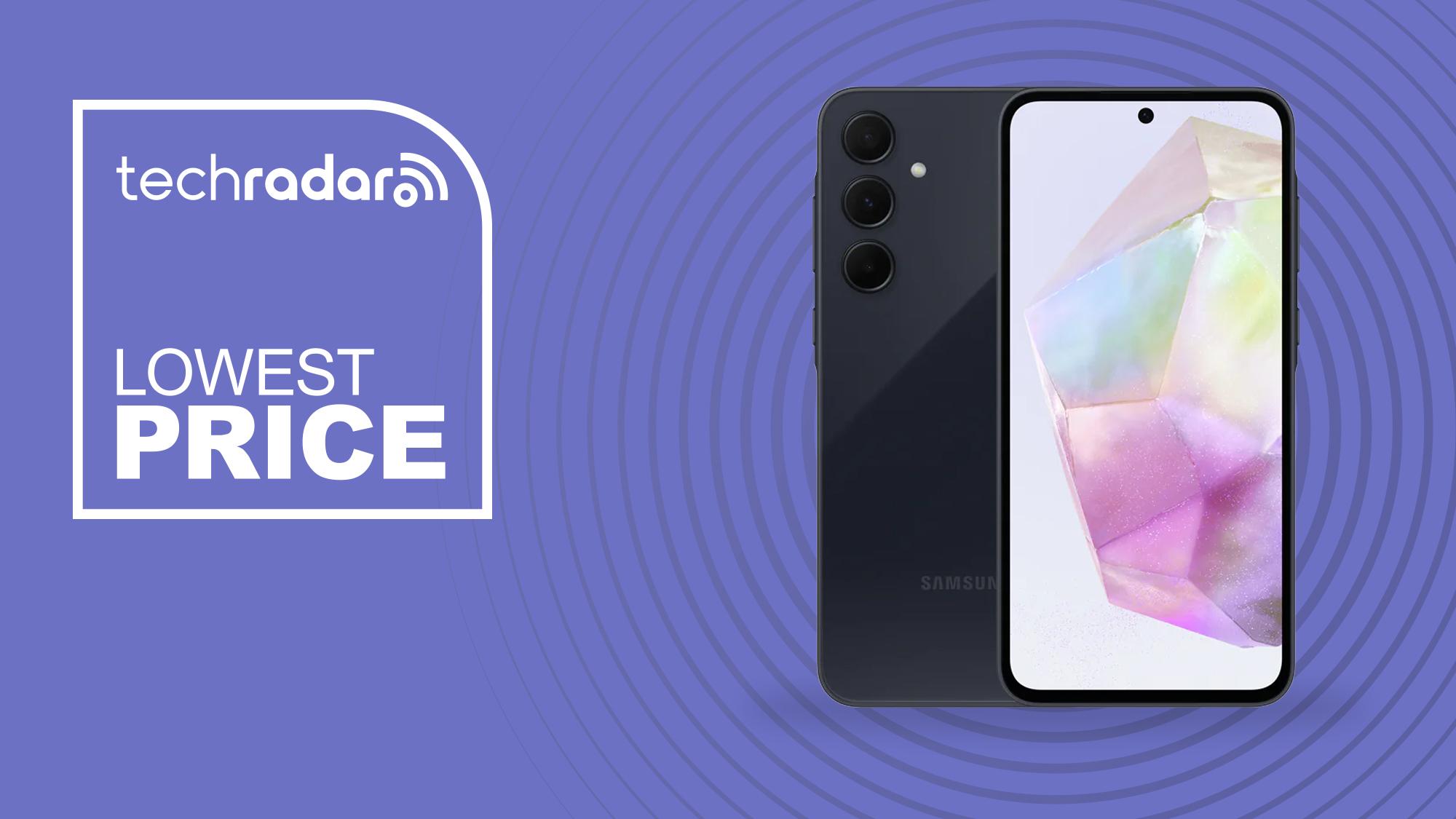In a world where technology moves at lightning speed, it may come as a surprise that artificial intelligence (AI) is the last thing on consumers’ minds when considering a purchase. However, recent surveys suggest that this may change sooner than we think.
A survey conducted by a leading market research firm revealed that only 10% of consumers currently consider AI as a factor before making a purchase. This begs the question: Why is AI seemingly an afterthought when it comes to buying decisions?
There are several factors at play. First and foremost, many consumers may not fully understand the capabilities and benefits of AI technology. AI is often associated with complex algorithms and futuristic concepts, which can be intimidating or confusing for the average consumer. As a result, they may not realize that AI could potentially enhance their buying experience.
Additionally, traditional marketing strategies tend to focus on more tangible aspects of a product, such as price, quality, and design. These factors are easier for consumers to comprehend and evaluate. AI, on the other hand, often operates behind the scenes and may not be directly visible or easily measurable. As a result, it is often overlooked in the decision-making process.
However, experts suggest that AI’s role in the consumer journey is about to undergo a significant transformation. As technology continues to evolve and AI becomes more prevalent in everyday life, consumers will inevitably begin to recognize its value.
One particular area where AI is poised to make a major impact is in personalized recommendations. As AI algorithms become more sophisticated, they have the potential to analyze vast amounts of data to understand individual preferences and make tailored product suggestions. This level of personalization can revolutionize the shopping experience, making it more efficient and enjoyable for consumers.
Another significant advancement is the integration of AI-powered virtual assistants into various devices. Smart speakers, smartphones, and even home appliances are now equipped with voice-activated AI assistants that can assist with purchasing decisions. These assistants can answer questions, provide product information, and offer recommendations based on a consumer’s specific needs and preferences. This level of convenience and accessibility may change the way consumers approach their buying decisions.
Furthermore, the rise of AI-powered chatbots in customer service is also making an impact. These virtual agents can provide instant and accurate information, assist with troubleshooting, and even process purchases. As chatbots become more intelligent, they have the potential to enhance the customer experience by reducing response times and improving problem-solving capabilities.
With these imminent changes, businesses need to reconsider their marketing strategies and adapt to the evolving consumer landscape. Educating consumers about the benefits of AI and showcasing how it can improve their overall buying experience will be crucial. Additionally, integrating AI technology into products and services to provide personalized recommendations, virtual assistance, and efficient customer service will be paramount.
while AI may currently be the last thing on consumers’ minds when making a purchase, the landscape is set to shift significantly. As AI technology becomes more advanced and ingrained in everyday life, consumers will naturally recognize its value and consider it earlier in their buying decisions. Businesses must be prepared to embrace this change and leverage AI to create more personalized, efficient, and enjoyable shopping experiences. The future of AI in consumer purchasing is undoubtedly bright and full of potential.
Hey Subscribe to our newsletter for more articles like this directly to your email.
